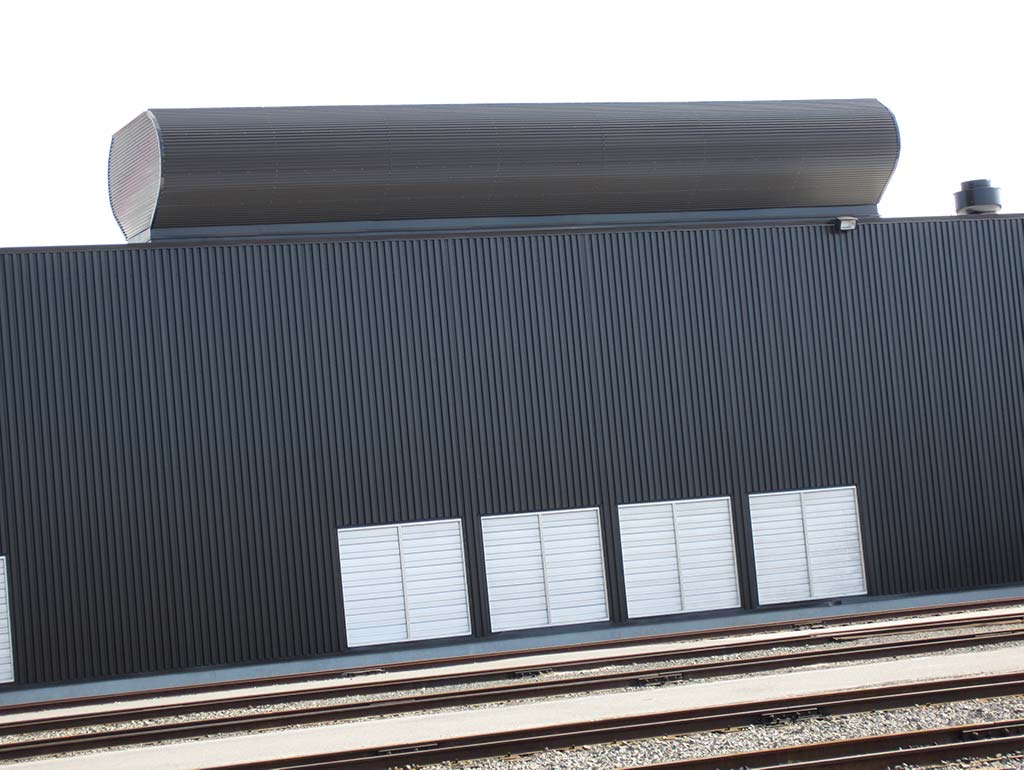Ventilation is critical for comfort and air quality in all types of buildings. Ventilation involves bringing in fresh outside air and exhausting contaminated air outside of your building. Industrial ventilation control is essential for protecting people, processes, and products in industrial spaces. It’s important to understand the differences between different types of ventilation to create a system that best suits your facility and ventilation goals.
Types of Industrial Ventilation Control
Industrial ventilation systems should be completely customized to your needs by a ventilation specialist. There are any number of ways to design a ventilation system using a variety of different equipment. Working with our ventilation specialists can help you ensure you have a well-designed, high-performance system for your facility. One thing to consider is what type of industrial ventilation control you need for your building. There are three basic types of ventilation: natural, mechanical, and hybrid. Each has pros and cons, so one might be better for your facility over another.

Natural Industrial Ventilation Systems
Natural or gravity ventilation relies on natural phenomena for air supply and exhaust. These natural forces include wind and thermal buoyancy. Natural ventilation systems generally involve strategically placed openings in the building envelope. Openings are typically fitted with ventilation equipment such as louvers and gravity ventilators
Since natural ventilation systems don’t rely on electricity to operate. This makes them incredibly economical. However, these systems do rely on environmental elements, which affects their reliability. Also, natural ventilation isn’t suitable in certain climates.
Mechanical Ventilation
By contrast, mechanical ventilation uses mechanical equipment such as industrial fans to assist with air supply and exhaust in a ventilation system. This equipment is strategically placed in your facility by a ventilation specialist based on facility evaluations and specialized analyses. Mechanical ventilation systems are quite reliable because they do not depend on climate and weather. Another benefit of choosing mechanical ventilation for your industrial facility is that you can utilize filters with mechanical equipment to help block contaminants as they enter or exit your facility.
Of course, one of the drawbacks of using mechanical industrial ventilation control is that it does typically cost more. With these systems, you utilize electricity and will have to factor in these operating costs. Also, because there are more moving parts than natural ventilation equipment, mechanical equipment may need more frequent maintenance.
Hybrid Ventilation
Hybrid ventilation systems utilize both mechanical and natural ventilation equipment. Generally, they rely on natural ventilation to provide either the supply or exhaust air and then mechanical equipment for the other air source. This helps reduce energy costs, but also makes the system more reliable when the weather isn’t optimal for only natural ventilation. In addition, hybrid ventilation systems need some maintenance, but on average less maintenance than mechanical-only systems.
Ventilation and Noise Control Solutions since 1946 from Eldridge
When you need ventilation solutions for your facility, choose our experts at Eldridge. Our team can help with ventilation system design, system retrofitting, ventilation maintenance, equipment supply, and ventilation system noise control for your needs. Our goal is to help companies create successful environments. We have been proudly providing ventilation solutions for over 75 years. Get in touch today to request a quote.
